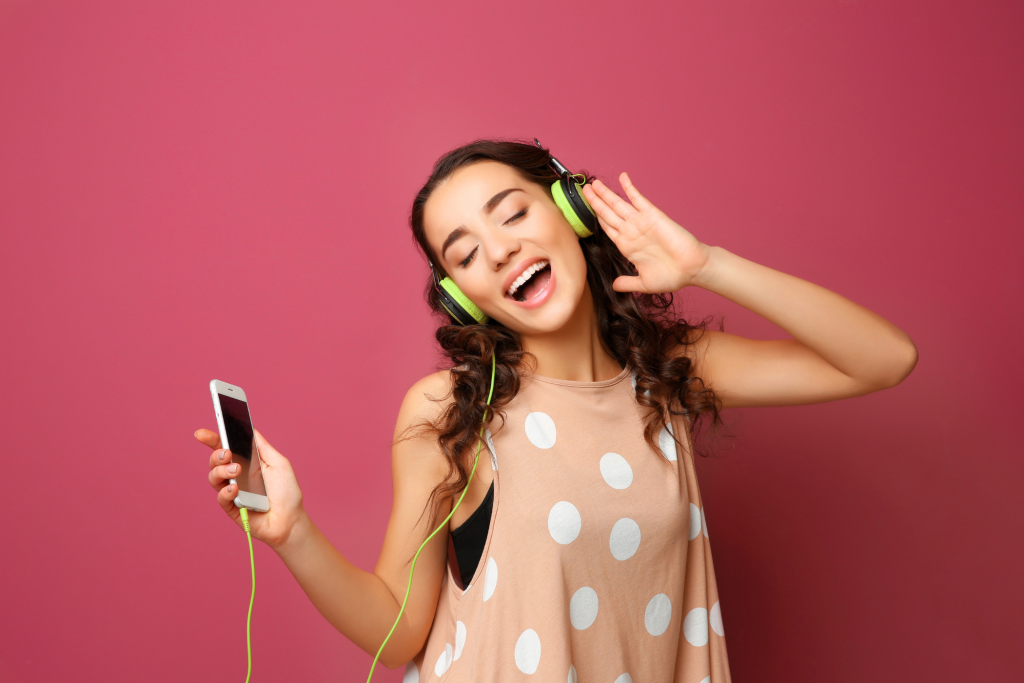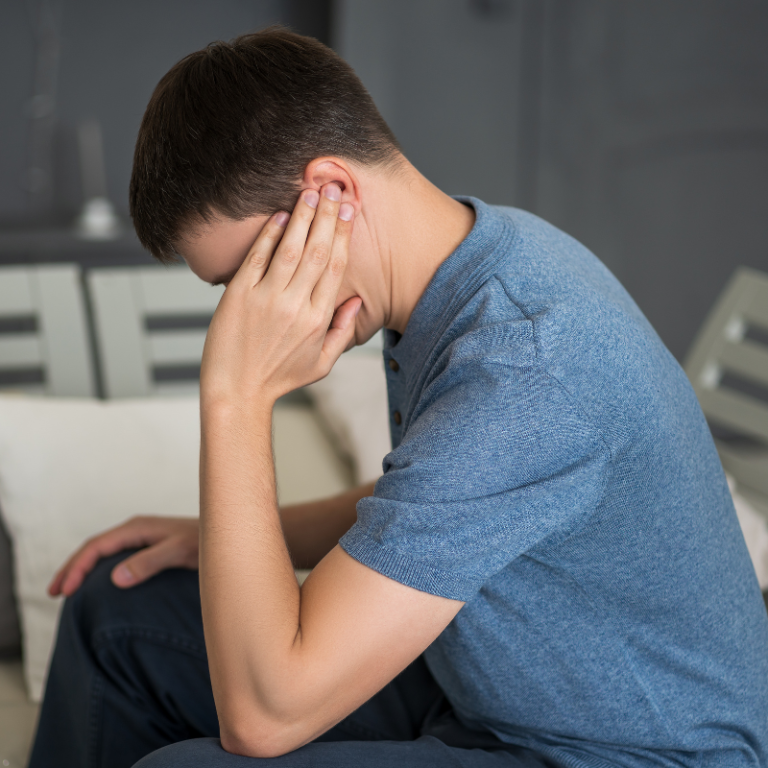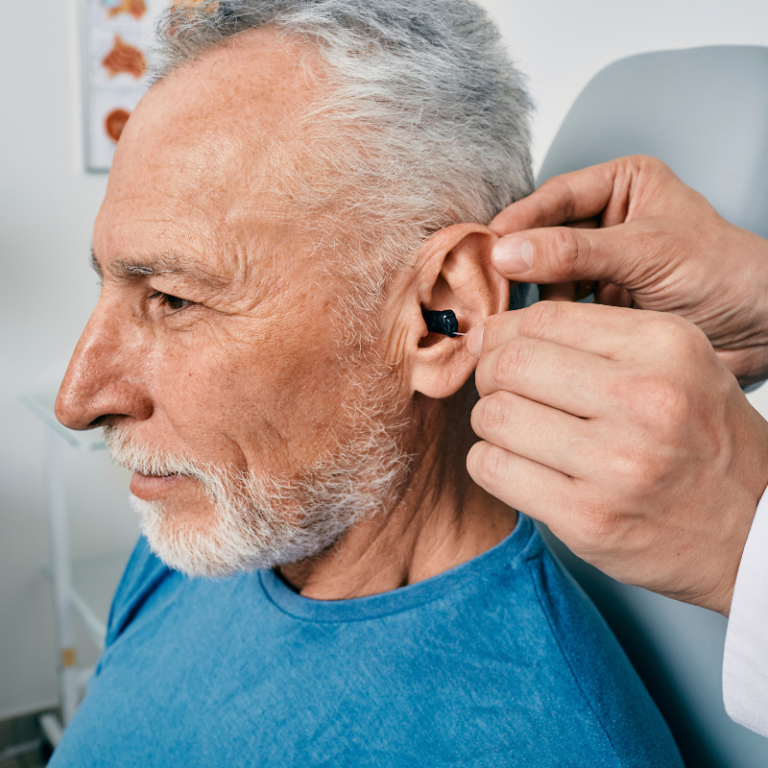What Causes Noise-Induced Hearing Loss?
The extent of your hearing loss will usually depend on what has caused your NIHL. There are two types of noise-induced hearing loss caused by two different types of noises.
Sudden, Extremely Loud Noises
Also known as acute trauma, a single loud event such as exposure to a loud noise at 120 decibels or above like an explosion, gunshot, or firecracker can cause immediate hearing damage. In these instances, hearing loss can be immediate and permanent.
Prolonged Exposure to Loud Sounds
This type is also called chronic NIHL. It happens over a long time with gradual exposure. You may go for weeks, months or even years before noticing symptoms.
Occupational vs. Recreational Noise
Both occupations and recreational activities can cause NIHL without proper ear protection. If you work with construction equipment, aeroplanes such as airport ground personnel, or even with dentistry equipment, prolonged exposure to these loud sounds over 85 dB can lead to NIHL. Additionally, if you attend lots of music concerts or listen to music in headphones too loud, you can do irreparable damage to your hearing over time.



